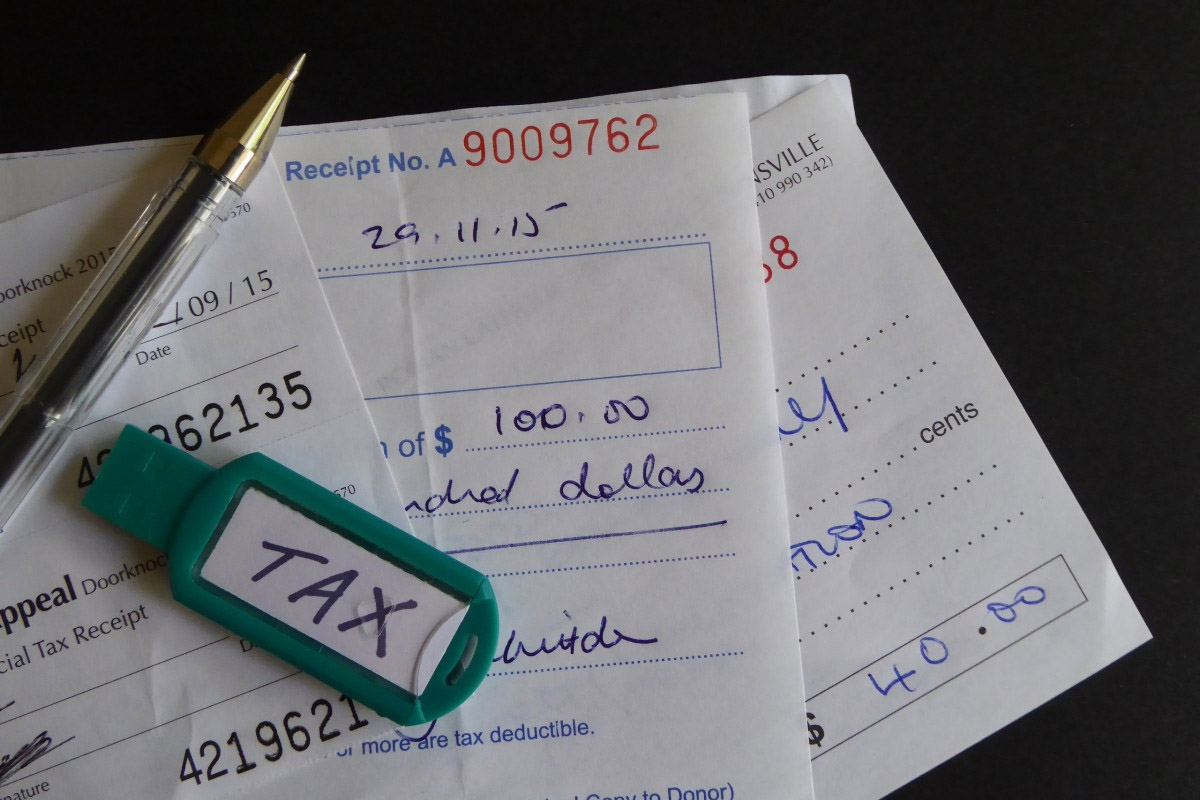Italy’s State-Owned Bank Trials Digital Bonds on Polygon Blockchain
The European Central Bank initiated the trial to explore how blockchains can enhance central bank settlement.

47 governments across the world have issued a joint statement to work the Crypto-Asset Reporting Framework (CARF) into legislation as part of a bid to standardise crypto tax law.
According to the published statement, the collective countries have developed the framework and intend to launch the regulation consistently and timeously. This is set “to keep pace with the rapid development and growth of the crypto-asset market and to ensure that recent gains in global tax transparency will not be gradually eroded“.
The statement also notes that the countries will be looking to activate exchange agreements for information exchanges within the next three years. This will help crack down on tax evasion in the cryptocurrency space and ensure greater tax compliance.
While it is set as a standard regulatory infrastructure, the framework will not be the only tax information exchange process to be implemented globally. Last month, the latest version of the Directive on Administrative Cooperation (DAC8) was adopted by the Council of the European Union. The directive has been launched to grant tax collectors the right and jurisdiction to oversee and evaluate all cryptocurrency transactions in EU states as part of a strategy to conduct tax reporting accurately.
The countries included in the coalition are Armenia, Australia, Austria, Barbados, Belgium, Belize, Brazil, Bulgaria, Canada, Chile, Croatia, Cyprus, Czech Republic, Denmark, Estonia, Finland, France, Germany, Greece, Hungary, Iceland, Ireland, Italy, Japan, Korea, Liechtenstein, Lithuania, Luxembourg, Malta, Mexico, Netherlands, Norway, Portugal, Romania, Singapore, Slovakia, Slovenia, South Africa, Spain, Sweden, Switzerland, the United Kingdom, and the United States of America; the Crown Dependencies of Guernsey, Jersey, and Isle of Man; and the United Kingdom’s Overseas Territories of the Cayman Islands and Gibraltar.
This is mainly Euro-centric, missing major markets like China, the UAE and Russia. There are also no African economies and only two South American countries listed as part of the OECD member states.
The European Central Bank initiated the trial to explore how blockchains can enhance central bank settlement.
n recent months, inflation measures, including the Consumer Price Index and Personal Consumption Expenditures Index, have moderated.
BlockFi clients are to note that client communications will exclusively occur through official email channels.
CryptoQuant CEO says Bitcoin is still vulnerable to “speculative FUDs,” giving smart money a way to buy up cheap BTC.